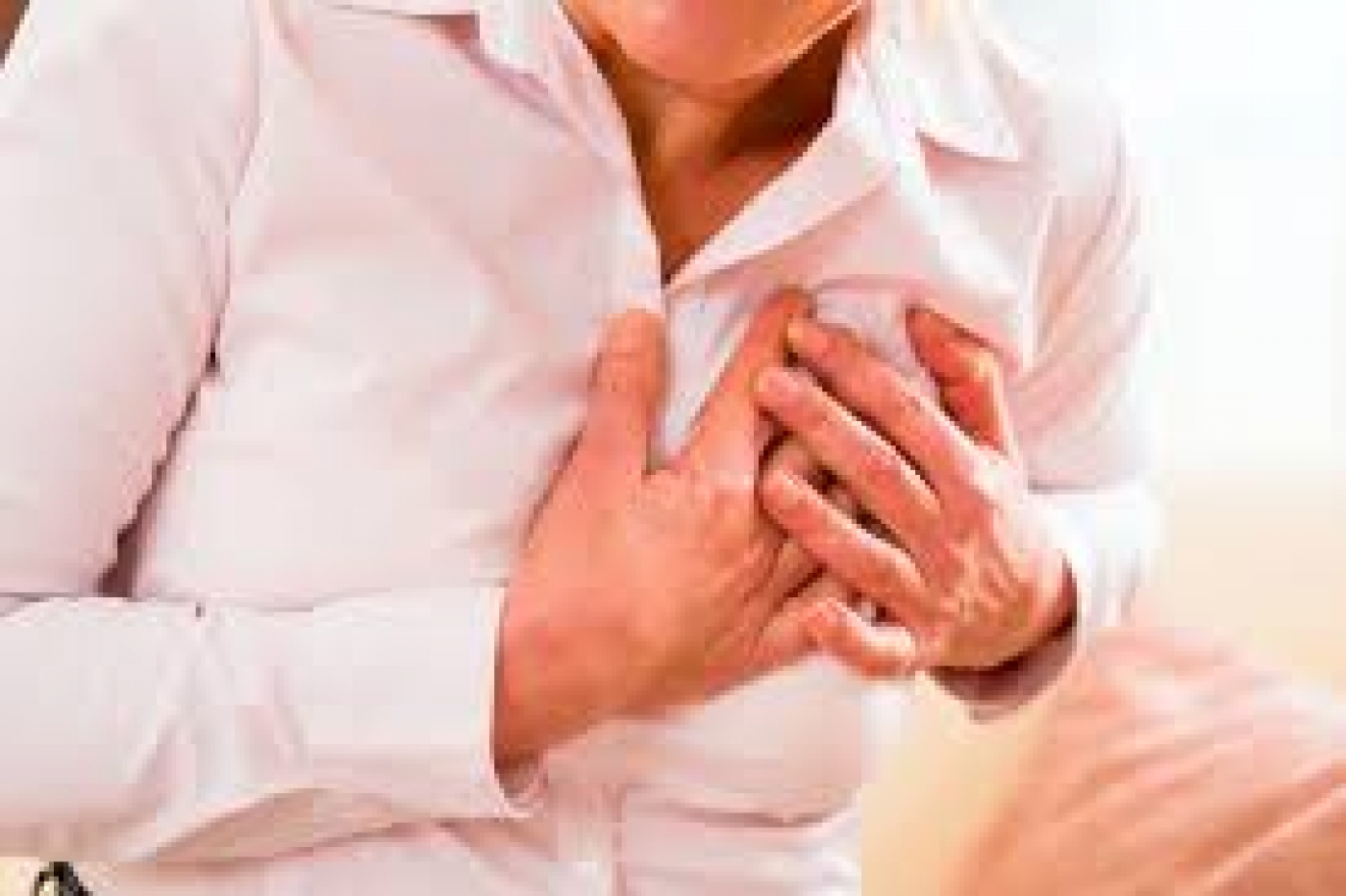For the study, the researchers included 884 patients with an average age of 62. Just over a quarter of the participants were women.
Women were an average age of 67 years old at the start of the study, and men were an average of 60 years old.
The researchers discovered that women under 55 tend to wait an average of 95 minutes in hospital for treatment, whereas men of the same age were treated after 80 minutes.
After five years, 32.1 per cent of women had died compared to 16.9 per cent of men, and 34.2 per cent of women experienced a major adverse cardiac event (MACE) compared to 19.8% of men.
As MACE, the authors considered all-cause death, re-infarction, hospitalisations for heart failure, and stroke.
The researchers also analysed a subset of 435 patients aged 55 and older, matching men and women according to risk factors. Once again, women experienced more adverse outcomes than men.
One of the study’s authors, Dr. Mariana Martinho of Hospital Garcia de Orta, Almada, Portugal, in a press release, noted that the study did not examine reasons for different outcomes among men and women.
Dr. Martinho, however, said typical symptoms of a heart attack in women and genetic predisposition may play a role.
She added that her team did not find any differences in medication used to lower blood pressure or lipid levels between men and women.
When asked what might explain why women have higher mortality rates than men following a heart attack, a Medical Director of Pritikin Longevity Center, Dr. Danine Fruge, told Medical News Today, “Women tend to develop microvascular disease which makes a heart attack more challenging to recognize and to treat.”
“Instead of the classic chest pain, women commonly experience atypical symptoms during a heart attack, such as indigestion or shoulder pain which is often ignored. The more time a heart attack goes untreated, the more damage to your body, so women often have an increased mortality rate by the time they present for treatment.”
She further said, “Furthermore, men often receive a stent to open a blocked artery following a heart attack, but women often cannot because their arteries are smaller in diameter which also leads to poorer outcomes after a heart attack.”
In a conversation with PUNCH Healthwise, a cardiologist, Dr. Henry Okocha agreed with the study that men were more at risk of coming down with heart attacks than women.
He, however, stressed that women who are experiencing menopause are more likely to die from heart attacks because of their level of oestrogen.
He explained, “Women who are experiencing menopause are more likely to die from heart attacks because their level of oestrogen is very low compared to women who are still seeing their menses and have a rather high oestrogen level.”
source: healthwise.punchng.com







